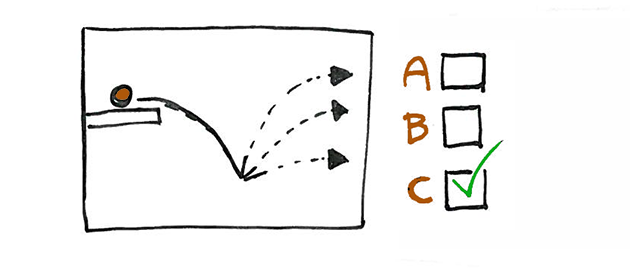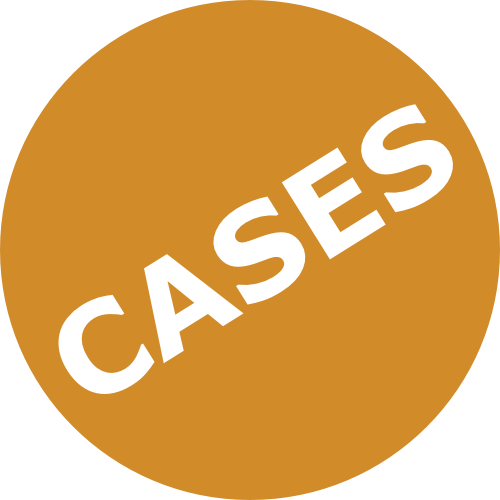Teacher: Linda Udby

Linda has been co-organising and teaching the master’s course in neutron scattering at the Niels Bohr Institute since 2009. Since she first started teaching, she has taken a keen interest in e-learning tools for improving learning outcomes, particularly in a blended learning setting.
This video shows how Linda Udby’s students use quizzes
What was your motivation?
Over the years I’ve noticed that teachers (and their teaching assistants) spend a lot of time answering the same questions from students over and over, usually at a low taxonomical level and often during classes, while the students are working on exercises. In order to use the teacher most efficiently, I would prefer that the students help themselves and each other in the initial phase of the exercises and then save the teacher’s resources for analytical discussions about the exercises, thus raising the taxonomical level of discussions in the class. I would also like to help the students read and understand the learning material through quiz questions, which can deepen their learning when they study the material at home.
How did you get started?
I started with the simple non-adaptive-feedback quiz questions in a wiki textbook. They were very easy to implement using only the show/hide functionality in the MediaWIKI software plugin. These quiz questions were composed by the author of the course notes and I wrote the hints myself based on recurring problems that I experienced in classes, as well as the written exercises that my students have been submitting for several years. The hints are hidden until they are activated when the students click on them. The solutions, which are activated in the same way, are my own take on a pedagogically explained solution.
Through my collaboration with the Department of Science Education, first in the “Education at its Best” initiative and now in U16, I started developing the adaptive-feedback quizzes. Since Absalon (Itslearning) does not provide support for numerical replies, which is important in science quizzes, I used Moodle for this purpose. Furthermore, working outside Absalon has the advantage that the quizzes can be shared with anyone, not just students enrolled on a particular course at the University of Copenhagen.
How did it go?
Over the last years I have experimented with many different types of quizzes, ranging from exercises with non-adaptive hints and solutions implemented as part of a wiki textbook to full-blown eight-hour self-contained quiz lessons with adaptive feedback.
Some of the quizzes are developed iteratively over consecutive runs of the course. They start as open questions with essay-type replies. From the range of replies by the students, I collect “good wrong answers” which are used to design reply options in the next version of the quiz and to compose hints for the correct solution.
One of the quizzes was designed by the students themselves based on questions they thought were important to work with in order to understand the text material in the course. This quiz was developed in Absalon, as it has a good help feature regarding the pedagogical aspects of various question types. I think we will make more of these quizzes in the future, as the students found it highly motivating to construct quiz questions for their fellow students.
What was the outcome for you - and the students?
Quizzes with feedback have turned out to be very effective, saving significant staff resources, lowering the stress load on the teachers in class and freeing up more time for feedback and discussion. All my quizzes are used by the students for formative feedback, but none are used as exams, since I’m mostly interested in the quizzes as learning tools rather than assessment tools.
The students really appreciate and participate in the quizzes, as long as the questions “make them think” (as they put it themselves in an interview). The level of participation and interest in the quizzes is high even though the quizzes are not part of the students’ final grades.
How much time did you spend on it?
If you already have an exercise that can be put into a quiz format, it shouldn’t take more than 2-10 minutes per question to convert it into a quiz, and Absalon has a lot of help features and options to guide you.
However, it takes a long time to develop a new quiz from scratch, especially if the feedback has to be adaptive and developed iteratively based on the student responses, or developed by the students themselves. It approaches a full day’s work for a person per quiz question if you also have to test the behaviour of various settings with many hints and feedback options.




